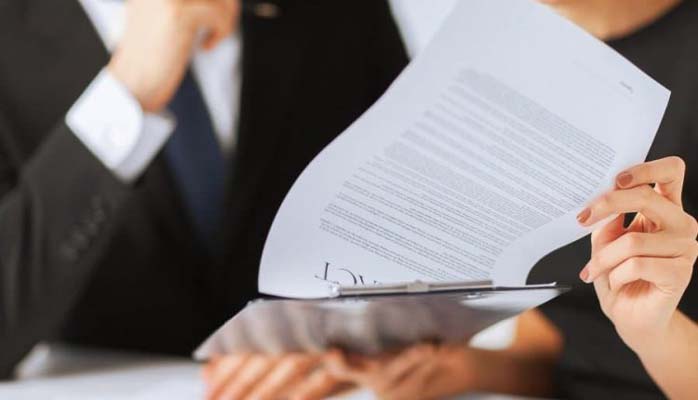The newest lawsuit involving Nike allegedly involves the sale of a pair of shoes with “Jesus” branding. The designer, Marc Kasky, claimed that Nike was engaging in unfair business practices and false advertising, which led many people to believe that the shoes were made in a factory in China. The company denied the allegations and filed suit in 1998, saying that the First Amendment protected free speech. However, it appears that there may be something to this lawsuit after all.
In the Nike lawsuit, the plaintiffs are seeking back pay for female employees who were fired for expressing sex preferences.
Their claim follows the Uber sexism lawsuit, which was recently dismissed, and the Google sexism lawsuit. Both lawsuits seek structural change and equal pay for all workers. If successful, the Nike sexism suit could pave the way for greater gender equality in the workplace.
Nike’s CEO recently said that the company is committed to addressing gender discrimination and unfair competition. They are putting more emphasis on gender equality, but they have failed to do so. The New York Times said it has been “difficult” for Nike to find a way to address the gender disparities. While the Supreme Court sided with Nike in the Kasky lawsuit, the ruling does not address the underlying problem.
The lawsuit has not settled the issue yet.
It remains an ongoing legal battle. While the case is still in the preliminary stages, it is likely to reach a settlement. The company has not ruled on the merits of the plaintiffs’ claim. If the suit goes to trial, the court can dismiss the claims. The judge will decide on the merits of the suit. A judge will have to decide whether or not the plaintiffs will succeed in their legal action.
A judge will decide whether the plaintiffs’ claims are valid. The judge will determine whether Nike is required to pay the plaintiffs’ attorneys’ fees. While the suit is still ongoing, the case is likely to result in a settlement. In addition, the court’s decision will also help the plaintiffs’ case. If it wins, the lawsuit will be settled in favor of the plaintiffs. So, while the plaintiffs may not win the case, they will likely have a victory if the suit goes to trial.
The plaintiffs’ claims will be reviewed by the court of law and are expected to prove the case’s validity.
A jury may also rule on the validity of a defendant’s claim. Ultimately, a judge’s ruling will determine whether a claim is valid. If it does, the company will be required to pay the full amount that the plaintiff has requested. In the meantime, the company will have to settle the remaining issues with the plaintiffs.
The suit isn’t a simple matter. The company that is being sued was a company called Drip Creationz. The company sold unauthorized Air Force 1 sneakers and marketed them as authentic. The unauthorized shoes were sold online on the e-commerce site of the Corona company and its 1.1 million Instagram followers. In the end, the court decided that the unauthorized footwear was not in violation of the trademark. It is, however, not illegal.
The Nike lawsuit is a first-of-its-kind.
The company has taken legal action against MSCHF, but it did not name Lil Nas X. The complaint claims that Lil Nas X and MSCHF’s products are confusing consumers about the brands’ source, affiliations, and sponsors. These claims are particularly serious given the fact that the alleged violations of these laws are not exclusive to the United States.
Despite the massive profits, the Nike lawsuit has not completely wiped out the company’s reputation. During the last decade, the company has been at the center of various high-profile disputes involving bootleggers. Warren Lotas, a California man, famously copied the Nike Dunk silhouette and was forced to change his designs and stop selling his shoes. In addition to this, the company has also been awarded federal trademarks for its Air Jordan 1 Low and High.
The Nike lawsuit has been a major issue in the fashion world. The brand is a leader in fashion and commerce and has often been at the center of trademark-related legal battles. The lawsuit aims to prevent MSCHF and Lil Nas X from using its trademarks without their permission. It is important to note that the lawsuit was only filed after MSCHF’s art studio ceased production of the shoe. This case has brought attention to the issue of satanic-themed sneakers and other products.

